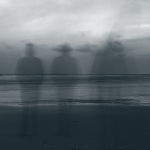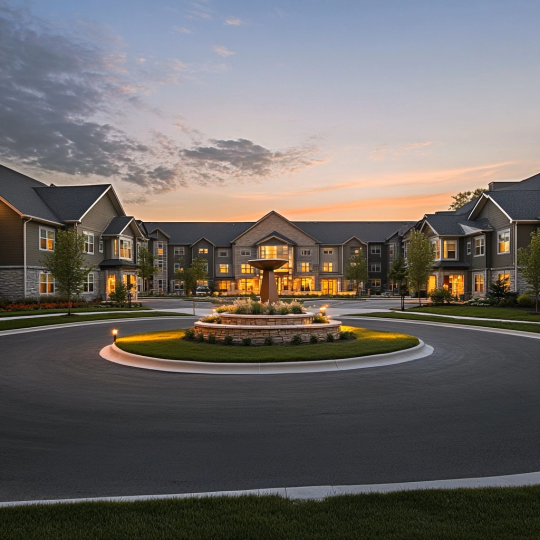February is often referred to as the “month of love.” Valentine’s Day is marketed as the most romantic day of the year and is also one of the most popular days to get engaged. Society is inundated with movies about love and commercials about what to buy for the ones you love.
The Hallmark Channel is known for its movies about love and relationship. One movie recently featured a woman who had suffered from a TBI. Her character was a peripheral one – not one of the leads. All that was shared of her story was she had an injury that landed her in the hospital with a TBI and then she worked really hard for a couple of years to overcome everything. Her life had basically returned to “normal” and there wasn’t evidence of any long-term effects of her TBI. She was remarried and co-parenting her daughter with her ex. And everyone lived happily ever after.
However, life is not a Hallmark movie, and many people do suffer from long-term effects of their TBI. Sometimes these affect their relationships, both platonic and romantic. Reading many of the survivor stories from individuals associated with Villa Licci, you will discover that all of them had relationships that changed after their TBI.
Some lost romantic partners or spouses, others found friends slowly stopped coming around. Still more found that the dynamics within their families changed.
A TBI often affects not only physical abilities but also cognitive and emotional ones as well. The ability to sustain a conversation, to remember important dates and events, to avoid mood swings and angry outbursts are all good characteristics to have to sustain positive and lasting relationships. Unfortunately, these are often compromised by a TBI and its after-effects.
Loved ones of someone who has suffered a TBI often share how they have to get to know the person again, since much has changed. They say it seems as if the person they once knew was lost and they don’t know if they’ll ever come back.
The survivor often feels that way, too. They may remember who they were and struggle to become that person again. And they have to adapt to the way those in their lives interact with them after their injury.
Unfortunately, some relationships are lost in the months and years following a TBI.
But relationships are not doomed to fail. And the loss is not inevitable. A study in the journal NeuroRehabilitation found that people with a TBI are not at greater risk for divorce relative to the general population.1 Even though it is hard work to maintain a strong relationship, it can and does happen.
During this month of love, we should all take time to ge grateful for all the relationships in our lives, and to make more effort to nurture those that are struggling. The community of Villa Licci will be a place of support for survivors to grow in relationship with others and to form new relationships with others in the community.
- Kreutzer, J. S., Marwitz, J. H., Hsu, N., Williams, K., & Riddick, A. (2007). Marital stability after brain injury: An investigation and analysis. NeuroRehabilitation, 22(1), 53-59.











